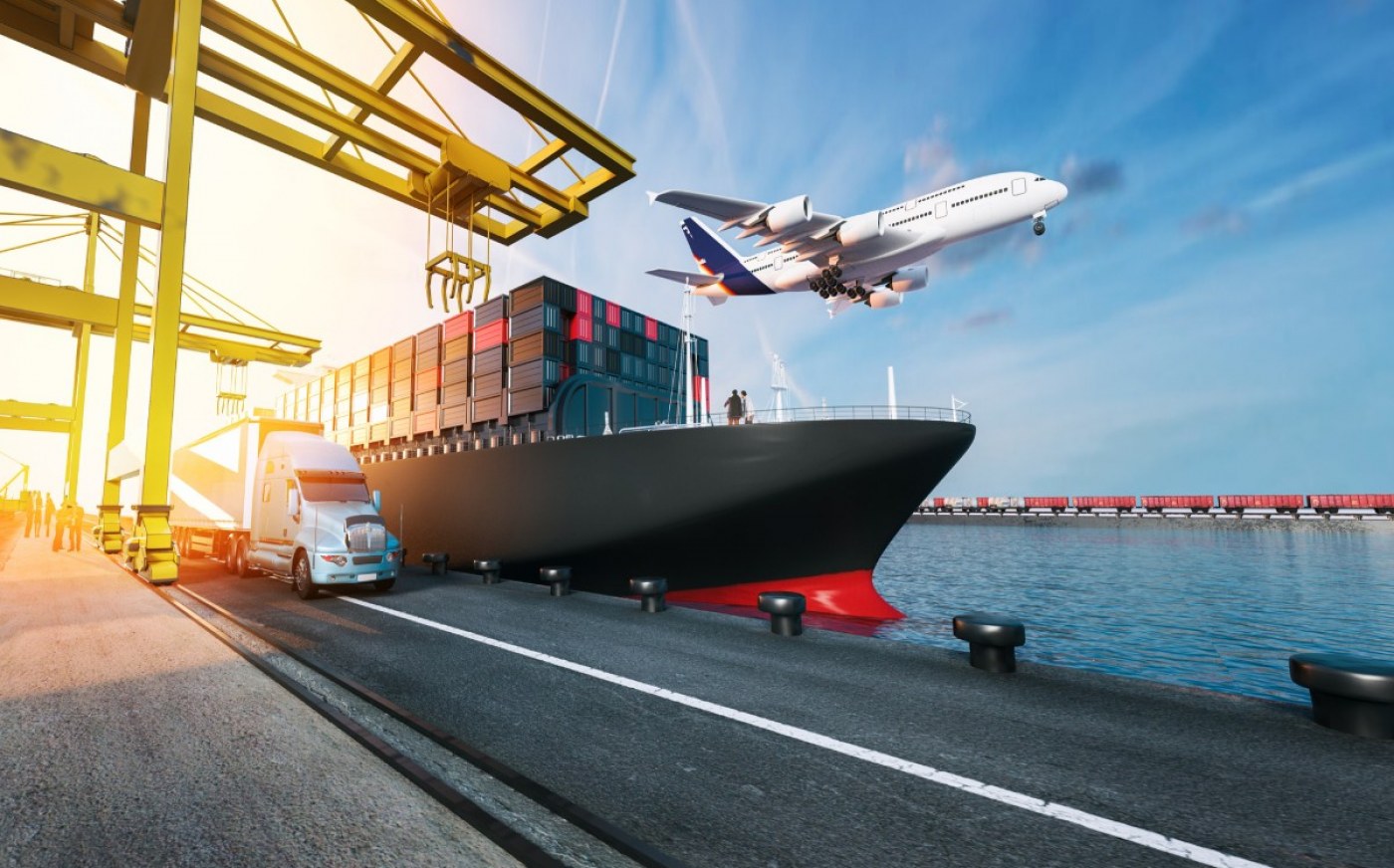With the process of approximation of societies, whether by cultural, economic, social, or political aspects, the world, in some way, needed to adapt quickly. And when it comes to the economic sphere, especially trade between countries, it is necessary to think about ways of international standardization.
This standardization is known as incoterms - international terms that are always used in foreign trade. For this, there are some basic rules for international contracts to have this standardization and negotiation to occur more easily.
In this article we will address this subject so essential for foreign trade. To learn more, read on!
What are incoterms?
They are international terms used to define the rights and responsibilities of both the exporter and the importer. These terms determine rules and practices that must be followed during the international buying and selling process.
Since January 2020 some changes have been made. However, until the end of 2019, 11 terms applicable to international contracts. These terms can be subdivided into 2 rules:
- goods that are transported regardless of the mode of transport - EXW (Ex Works), FCA (Free Carrier), CIP (Carriage and Insurance Paid to), CPT (Carriage Paid to), DAT (Delivered at Terminal), DAP (Delivered at Place) and DDP (Delivered Dut Paid);
- terms used only in water-sea transport - FOB (Free on Board), FAS (Free Alongside Ship), CIF (Cost, Insurance and Freight) and CFR (Cost and Freight).
The acronyms that begin with the letters E, F and C are known as the departure contract, since they are fulfilled at the place of origin, and the responsibility for the cargo passes from the seller to the buyer.
Acronyms that start with the letter D are known as the arrival contract, that is, the seller is responsible for taking the goods to the buyer's country. Only at this point will it be understood that the product has been delivered.
How did it come about and what is its importance?
The incoterms appeared in 1936, in Paris, with the intention of organizing the purchase and sale of goods with regard to the international context. Until today, it is extremely important in commerce, and to adapt to the advancement of society, the terms have already undergone some changes.
It is through these international terms who is responsible for freight, insurance, payment of taxes, storage of cargo and customs clearance. Details make all the difference, as they directly impact the profitability of your business.
What are the changes in 2020?
Since the 1st of January 2020, the new rule of incoterms. The list is now available on ICC website (International Chamber of Commerce), which maintains the 11 terms of the previous list, however, modifies the acronym DAT (Delivered at Terminal), which becomes DPU (Delivered at Place Unloaded).
Other important changes in the international contracting process were applied, among them are the reorganization of the allocation of costs involved in the operation in a single session of the list and the insertion of precise requirements that are related to the obligations of the parties involved with regard to security and costs.
Pay attention to the modality that will be used in the contract, as this is when the rules are defined and can directly affect the profit that the business can generate. If not done correctly, it can cause a big headache for both sides.
Now that you know about the importance of incoterms for foreign trade, like our website Facebook and stay on top of the business world!








